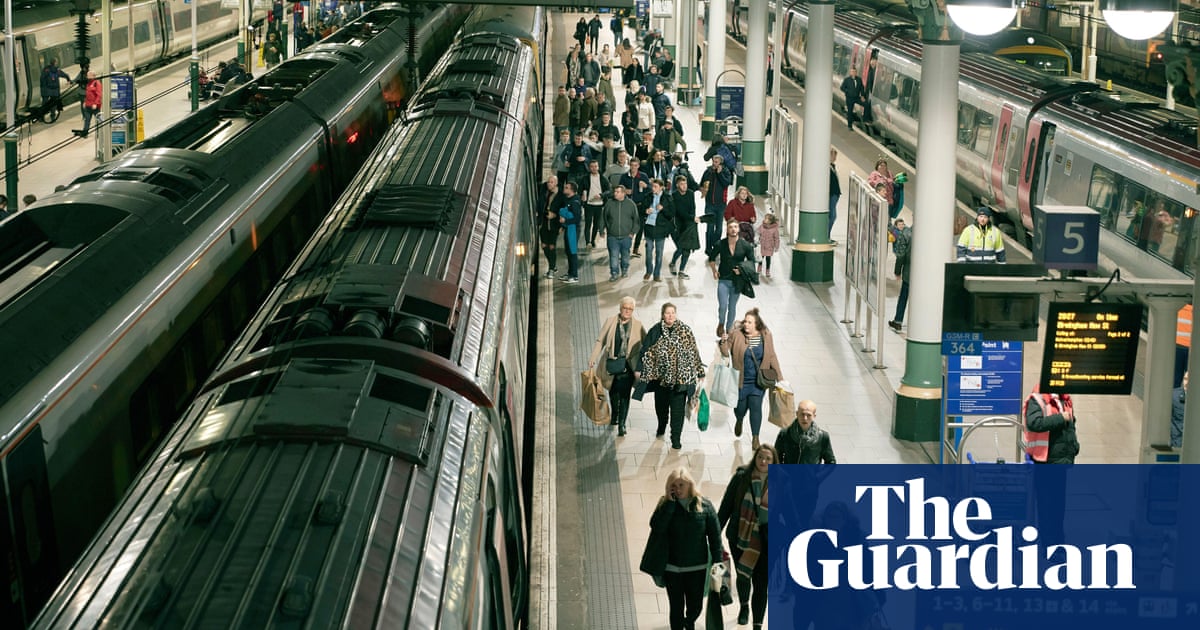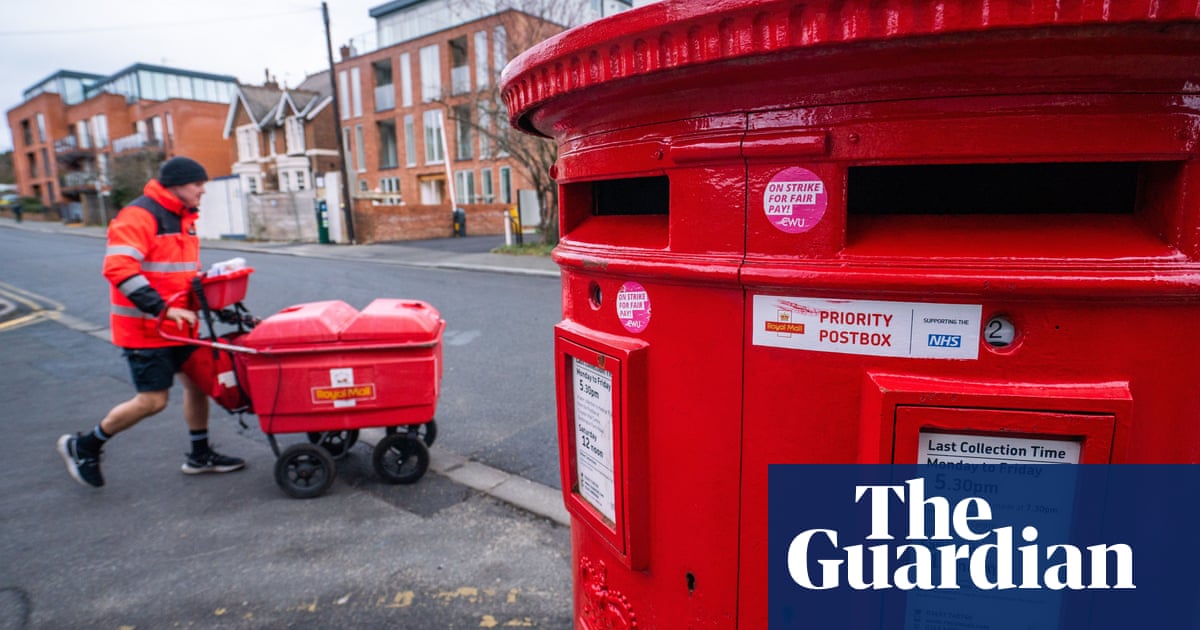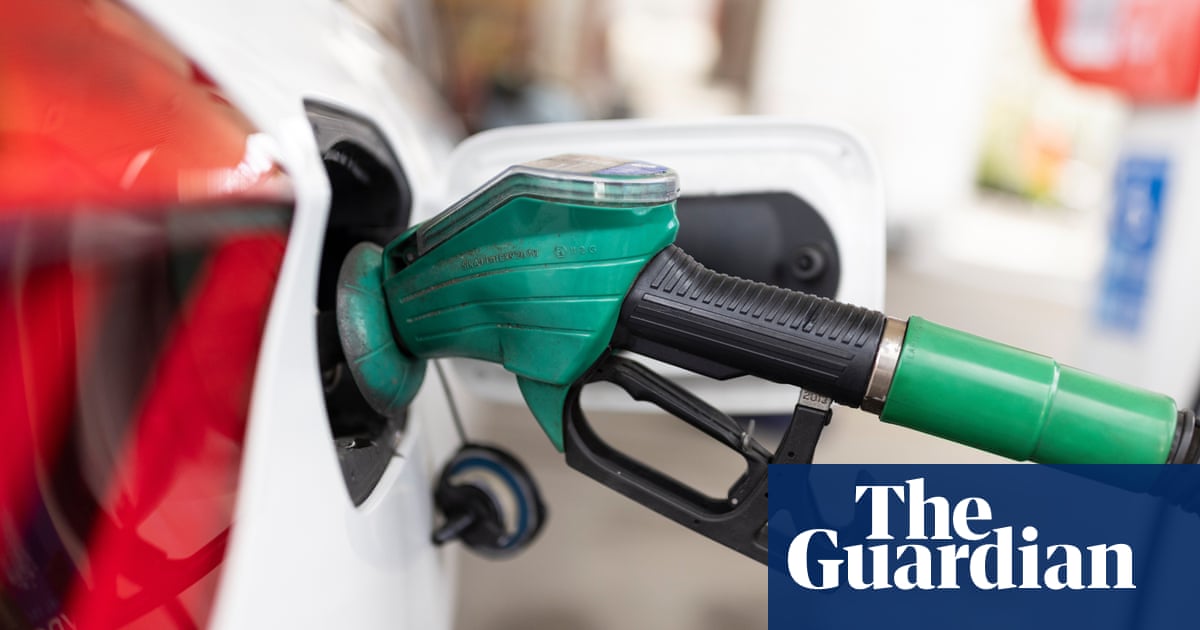
Rail fares across England will rise by 2.6% in 2021 after the government decided to increase prices above inflation for the first time since 2013.
The shock increase will take place in March, two months later than the usual annual rise, the Department for Transport announced.
The move comes despite widespread calls from transport campaigners to freeze rail fares to entice passengers back on to trains, with usage having plummeted during the Covid-19 pandemic.
However, the government expects to have spent almost £10bn extra on funding trains from last March until next April, since coronavirus restrictions led to fare revenue collapsing and the abolition of rail franchises in favour of emergency contracts for train operators.
The DfT said fares would not increase until 1 March to give the dwindling number of commuters a chance to buy annual season tickets at current prices.
The rail minister Chris Heaton-Harris said: “Delaying the change in rail fares ensures passengers who need to travel have a better deal this year.
“By setting fares sensibly, and with the lowest actual increase for four years, we are ensuring that taxpayers are not overburdened for their unprecedented contribution, ensuring investment is focused on keeping vital services running and protecting frontline jobs.”
Fare increases are normally set using the retail prices index (RPI) inflation rate from the previous July – a policy that was already controversial because it is higher than the government’s usual preferred measure of inflation, the consumer prices index (CPI), and higher than wage increases for most of the last decade. RPI was 1.6% last July, while CPI was 1%.
Labour said the increase would mean the average commuter would now be paying £3,144 for an annual season ticket – £950 or 43% more than in 2010. Shadow transport secretary, Jim McMahon, said: “By allowing yet another fare hike, the government will make rail travel unaffordable for many and discourage people from getting back on to the network when restrictions ease.
“The government’s failure means Britain is facing the worst recession of any major economy. This will be yet another kick in the teeth for families struggling to get by.”
Anthony Smith, chief executive of the independent passenger watchdog Transport Focus, said: “This fare increase makes it even more important that, when travel restrictions start to be lifted, the industry is able to attract people back by offering fares that match how we know people hope to live, work and travel in future. This could mean new flexible season tickets which offer better value for part-time commuters.”
The Campaign for Better Transport backed the call. Chief executive Paul Tuohy said: “We are bitterly disappointed the government has chosen to raise fares just as people will be returning to workplaces next year. The government is committed to decarbonising transport, yet this rise will do nothing to encourage people to choose the train or help the green economic recovery the country so desperately needs.”
He said without “urgent fares reform … we risk people abandoning the railways all together”.
Mick Cash, the general secretary of the RMT union, said: “Regardless of the short delay these fare hikes demonstrate the shambles of the privatised railways, with prices being forced up to subsidise private profit.”
Jacqueline Starr, the chief executive of the Rail Delivery Group, representing train operators, said: “Governments must ultimately decide the balance between how much farepayers and taxpayers pay to run the railway. To keep fares down in the long term and support a green economic recovery from Covid-19, it is crucial to get people back travelling by train after the pandemic.”












